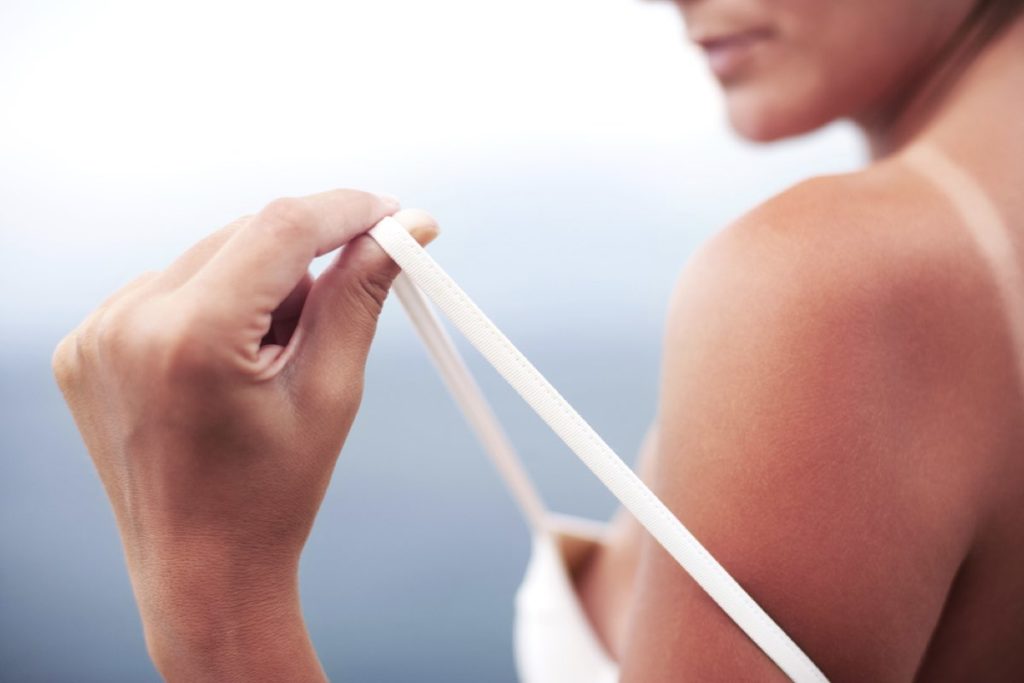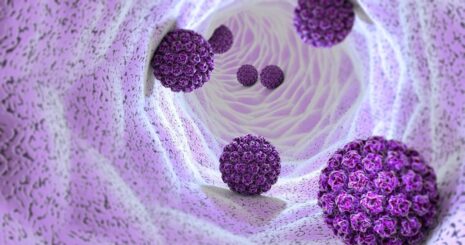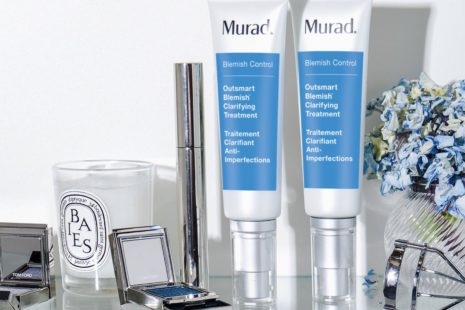Tan lines and bikinis may be sexy – but let’s be real, we all know summer brings its fair share of burning, itching and sweating. We chatted to Claire Barnes, Nutritional Therapist at Bio-Kult about 6 common summer health problems and how to fix them…
UTI’s
It has been reported that women visit their GP more frequently with bouts of cystitis during the summer months. A possible cause of this may be an increase in sexual activity, dehydration and a warm moist urogenital environment. In more than 80 per cent of cases, urinary tract infections (UTIs) such as cystitis are caused by the overgrowth of the bacteria E. coli normally originating from the digestive system. Unfortunately if given the chance, the E.coli is able to attach itself to the bladder wall using its pili (hair-like structures). It is when the E.coli attaches to the bladder wall that they are able to multiply and cause the common symptoms of cystitis.
Drinking two litres of water each day which will help to keep the urine at an appropriate pH as well as encouraging the bladder to flush out any harmful bacteria regularly. Reducing alcohol, caffeine and sugar from the diet can also help to maintain a healthy bladder, as these can be possible cystitis triggers for some.
Excessive sweating
Sweating is our body’s natural way of keeping us cool. Unfortunately, some people suffer with excessive sweating due to hormone imbalances, anxiety or medications. Often, the heat will further exacerbate their symptoms.
Ideally, it’s best to wear loose, light, natural fibres and look for the shade during the hottest part of the day. Ideally, cooling down with showers, dips in the pool or sea or using a water spritzer would be more advisable than trying to actually stop the sweating with anti-perspirants. Keeping hydrated by drinking at least two litres of water is important. Trying to stay relaxed should also help to keep hormones balanced and reduce anxiety.
Dodgy tummy
Most cases of dodgy tummy on holiday tends to be caused due to consuming contaminated drinking water, liquid or food. Local strains of bacteria may cause problems to travellers, due to a lack of antibodies to these strains in their immune systems. Common symptoms include vomiting, nausea, diarrhoea and abdominal cramps. Chronic diarrhoea can also lead to dehydration.
Live bacteria have been shown to improve the symptoms of diarrhoea by balancing the microflora in the gut, preventing pathogenic bacteria from attaching to the intestinal wall and supporting the immune system to be responsive to new strains of bacteria.
Travellers should start taking live bacteria supplements before and during travel, and then continue afterwards. This allows the establishment of beneficial bacteria within the gut prior to travel and helps to ensure optimum natural immunity.
Prickly heat
The sweat glands become blocked and trapped by an overgrowth of bacteria and dead skin cells, causing inflammation and resulting in an itchy rash. Keep the skin clean with water, but avoid any heavy cleansers and sun creams. Instead opt for organic sun creams when needed, but try to allow the skin to breathe as much as possible.
Wear loose light fabrics and wear a large sunhat whilst walking around. Allowing your skin to get used to exposure to the sun could also help, rather than suddenly shocking it with 30 degree heat and sunlight.
Fungal infections
Fungal infections are caused by Candida albicans, a common yeast that lives as part of our natural microflora in the intestines and also in the vagina. It is usually kept under control by our beneficial bacteria, however, if the gut flora is out of balance, candida has the opportunity to thrive and multiply.
A diet that is high in sugars, dairy, mould and yeast containing foods are more likely to both feed the candida and improve the environment for the yeast-like fungus to survive and thrive. Fungal infections are often more common in the summer months, when the temperature is warmer, and many people tend to increase their intake of sugary foods, drinks and alcohol.
If you suspect that you have a candida overgrowth, it is vital to eliminate sugar and carbohydrate-rich foods, while also increasing whole foods, such as vegetables, meats, fish, eggs, nuts and seeds. Specifically increasing garlic in the diet which is a natural antimicrobial and antifungal can be beneficial in destroying the candida. It is important to address the gut flora balance – you could increase fermented foods in the diet, such as sauerkraut.
Sunburn
Building up sun exposure slowly allows the body to gradually build-up its own natural skin defence, melanin. However, sunburn will occur if ultraviolet (UV) rays exceed what can be blocked by your level of melanin.
Obviously, prevention is better than cure, but if you do end up with sunburn there are some things you can do to reduce damage. Applying aloe-vera gel will help to cool and soothe the skin. It’s important to keep fluids up by drinking plenty of water to help avoid dehydration. Increasing anti-oxidants in the diet such as vitamin E from nuts and seeds, beta-carotene from orange coloured vegetables and lycopene from tomatoes can all help to reduce free-radicals produced from UV exposure. Fish oil has also been shown to inhibit damage caused by UV light and inflammation in the skin, either by eating local oily fish or taking a high-quality fish oil supplement.
Get your weekly DOSE fix here: SIGN UP FOR OUR NEWSLETTER
















